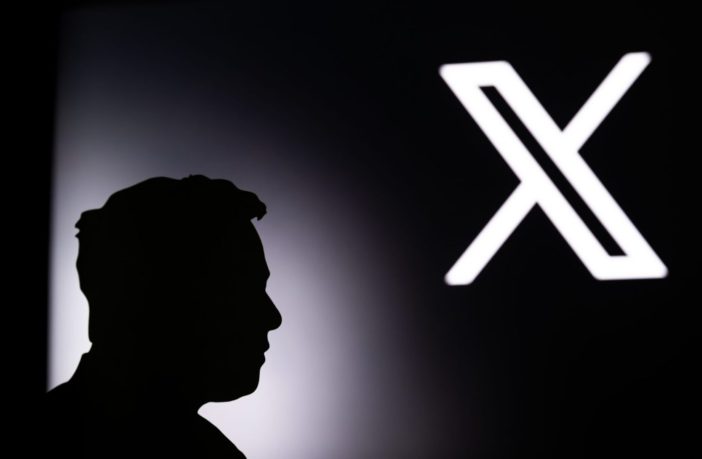Zetti, who writes under the pseudonym Steven Monacelli and said he has “written multiple critical reports about Twitter/X and Elon Musk in recent months,” said he only learned that his X account had been suspended after a fellow journalist called him for comment.
Texas outlaws prohibiting social media companies from banning users based on their political viewpoints and Zetti said he might contact legal representation about what happened.
“I would certainly be interested in hearing from people who are First Amendment lawyers about how that might apply in a situation if they don’t provide some legitimate and well documented reason for my suspension,” Zetti said.
It raises the question about how soon the same thing may happen to “Black Twitter.”
Since purchasing Twitter in 2022 and changing its name to X, Musk has increasingly sympathized with conservative posts and politicians. A month after his acquisition was complete, Musk reinstated former President Donald Trump’s access to post on the site, which he had lost two days after the attack on the U.S. Capitol because of the risk that he would incite further violence from the Oval Office.
Musk explained that the accounts were suspended Tuesday in a routine sweep to eliminate fake accounts, but few found that credible. It may be worth noting that none of the accounts accidentally suspended was conservative leaning. One user speculated that posts critical of Israel and billionaire hedge fund manager Bill Ackman were the reason for the suspensions.
Ackman was one of the leading forces that finally succeeded in forcing Harvard University’s only Black president, Claudine Gay, to resign amid plagiarism concerns — though Ackman simultaneously failed to acknowledge his wife’s plagiarism scandal that involved lifting text from Wikipedia. Gay resigned on Jan. 2, only six months into her tenure.
If Musk is, in fact, targeting left-leaning posts and posters, it would be an extension of a disturbing trend first noted on Facebook and reported by USA Today. Black people who were calling out White privilege or posting about their experiences with racism found their Facebook accounts suspended — including after sharing videos of racist incidents, thwarting attempts to shine a light on the dark side of our country.
So, Black users of Facebook started deleting their accounts instead of serving time in “Facebook jail,” where 30 days without posting privileges was commonplace. Seven years ago, USA Today also reported on author and activist Ijeoma Oluo, who joked about going to a cafe with predominantly White clientele. She received a wave of racist and misogynistic messages that Twitter and Facebook were slow to remove.
In effect, the social media outlet seemed to be siding with racists, especially when it allowed hate speech and memes to remain on the platform. And with these most recent suspensions at X, Musk’s venture is certain to come under increased scrutiny.



